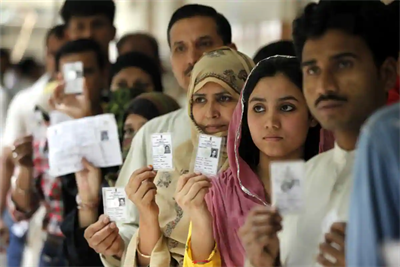PDF chapter test TRY NOW

Social equality
It means no discrimination on the basis of caste, colour, creed, sex and religion, etc, everyone should be treated equally.
Civil Equality
Civil equality implies equality to all inhabitants before the law. The constitution of India, law and other government bodies should treat every resident Indian similarly, irrespective of their creed, language, race, religion, sex, caste, financial status, views and beliefs.
Political Equality
Democratic countries across the globe ensured the political equality to their inhabitants, which means every citizen should have equal access in getting the power to rule. All citizens, whatever may be their differences should have equal chances in the management of public affairs and in holding public offices.
Equality of opportunity in getting elected, holding public offices, freedom of expression and association and rights to seek redressal of public grievances are the important pillars of political equality. All democratic countries have adopted the principle "one man, one vote, one value".
Anyone who is at the age of 18 has the right to vote in India. India is the first country to give voting rights to women in 1952. At the age of 25, any Indian citizen can contest in the election. In its simplest term, political equality refers to the vote of the Prime Minister of India and the vote of the common man of the country is equal in its value.

Gender Equality
Gender Equality is termed as equal and non-discriminatory treatment of citizens regardless of their gender or sex. It means that men, women and girls or boys have the same rights, responsibilities, opportunities and access to resources.
Women and men have the same power to shape society and their own lives; hence there should not be inequality in terms of biological differences.
Earlier, women are considered as a weaker sex, so they were not treated equally on par with men. But nowadays women are willing to take the toughest jobs which have been previously thought can’t be done by women, for example fighting in Military, flying jets, driving cars etc.
From the beginning of the 19th century, governments began to recognize equality between both the sexes. Many social activists from India put in their effort and voiced out for gender equality. A major initiative had been done by Raja Rammohan Roy, Ishwar Chandra Vidyasagar, Swami Dayanand Saraswati, Mahadev Govind Ranade, Tarabai Shinde, and Begum Rokeya Sakhawat Hussain, among others.
Human dignity
"Dignity" has the origin from a Latin word “dignitas” (meant merit). In habitual usage it represents respect, status and is worthy of honour. It is frequently used to advise that someone is not getting a proper level of regard, or even that they are lacking to treat themselves with appropriate pride.
Equality of Opportunity and Education
Every Indian citizen must have equal rights to get education.
The Government of India brought out the Right to education act in 2009 in this regard to provide equal opportunities to all. This act helps children to get through compulsory primary education.
Equality of opportunity refers to fair competition for important Jobs or positions such that competitors have equal chances to win such positions.
